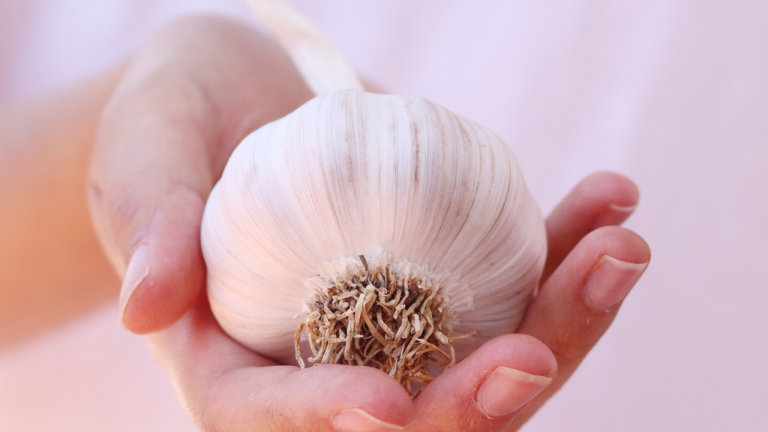Can Specific Dietary Choices or Supplements Support Overall Ear Health?

While diet and certain supplements cannot guarantee the prevention of all ear-related issues, they can play a role in supporting overall ear health. Here are some dietary choices and supplements that may have a positive impact:
Omega-3 Fatty Acids: Including omega-3 fatty acids in your diet, whether through fatty fish like salmon, tuna, or sardines or through plant-based sources like flaxseeds and chia seeds, may have anti-inflammatory properties that can benefit ear health.
Antioxidant-Rich Foods: Consuming a diet rich in antioxidants, such as fruits and vegetables, can help protect the delicate structures of the inner ear from oxidative stress and potential damage.
Magnesium: Adequate magnesium intake has been associated with a reduced risk of noise-induced hearing loss. Foods like spinach, almonds, avocados, and bananas are good sources of magnesium.
Vitamin C: Vitamin C is an antioxidant that may help support the health of the blood vessels in the ears. Including foods like citrus fruits, strawberries, kiwi, and bell peppers in your diet can help meet your vitamin C needs.
Zinc: Zinc is involved in various processes within the ear, including the maintenance of the sensory cells. Foods like oysters, beef, poultry, nuts, and legumes are good sources of zinc.
Vitamin E: Vitamin E is an antioxidant that may help protect against oxidative damage in the ears. It can be found in foods such as nuts, seeds, spinach, and broccoli.
B Vitamins: Certain B vitamins, such as vitamin B12, folate (vitamin B9), and vitamin B6, play a role in nerve health and may have a positive impact on overall ear function. Good dietary sources of B vitamins include eggs, fish, meat, dairy products, leafy greens, and legumes.
It’s important to note that while these dietary choices and supplements may support ear health, they are not a substitute for proper medical care or treatment. If you have specific concerns about your ear health or any existing ear conditions, it’s essential to consult with an ear specialist or healthcare professional for appropriate evaluation and guidance.



